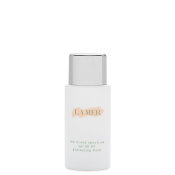Does Mineral Sunscreen Protect Skin Better Than Chemical Formulas?
Published Jun 5, 2023

We’ve all heard about the importance of daily sunscreen by now— yes, even on cloudy days. Aside from skin cancer, sunscreen can also help prevent skin imperfections, like hyperpigmentation, fine lines, and wrinkles. While sunscreen is arguably the most essential part of any skincare routine, not all formulas are created equal.
Mineral sunscreens—also called physical sunscreens— block UVA and UVB rays, while chemical sunscreens absorb said UV rays. There are pros and cons to everything, and sunscreen types are no exception. Wondering which one is right for your skin? Let’s find out.
Pros of mineral sunscreens
Mineral sunscreens create a physical barrier to block and reflect UVA and UVB rays. These formulas tend to be non-comedogenic and non-inflammatory making them more tolerable for sensitive and acne-prone skin types. Given their ingredients, mineral sunscreens also tend to be more reef-safe.
Cons of mineral sunscreens
The most common active ingredients in mineral sunscreens are zinc oxide and titanium oxide. While effective, these actives are responsible for the infamous white cast that gives sunscreens a bad rap. So, that being said, they may not be ideal for deeper skin tones.
For mineral sunscreens , Beautylish recommends:
- Good Molecules Mineral Sunscreen SPF 30
- Holifrog Solar Daily Mineral Sunscreen
- Peter Thomas Roth Max Matte Shine Control Sunscreen Broad Spectrum SPF 45
Pros of chemical sunscreens
Chemical sunscreens protect the skin by absorbing UV rays thanks to active ingredients like oxybenzone, avobenzone, and octinoxate. Chemical sunscreen formulas are more versatile and come in various forms (think: oils, serums, and sprays), so they tend to be more convenient. They’re also more transparent, making them suitable for all skin tones. Plus, these formulas are usually more water and sweat resistant, making them perfect for those with active lifestyles.
Cons of chemical sunscreens
While chemical sunscreen formulas tend to have a lighter texture, their ingredients can irritate sensitive skin types while also being less reef-safe and more harmful to the environment.
For chemical sunscreens , Beautylish recommends:
- Bask Lotion SPF 30
- La Mer The SPF 50 UV Protecting Fluid
- Chantecaille Ultra Sun Protection Broad Spectrum SPF 45
We hope this helped! Remember: there may be ups and downs to either mineral and chemical formulas, but the only wrong way to do sunscreen is to not wear it at all.
Featured Products
You Might Also Like
-
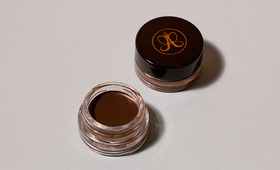
From the Shop
The Brow Definer That’ll Make Your Mornings Easier
- 764
-
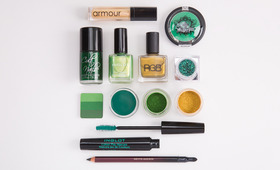
From the Shop
The Prettiest St. Patrick’s Day Beauty Palette
- 344
-

Behind the Brand
Get to Know Natasha Denona
- 47
-
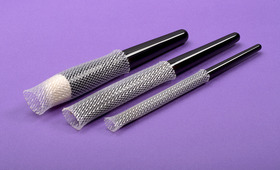
From the Shop
Use This Product, And Your Makeup Brushes Will Thank You
- 638
-

Face Skincare
5 Steps for Dewy, Healthy-Looking Skin
- 282
-
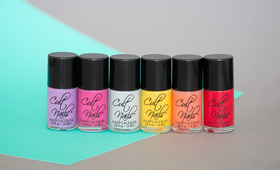
From the Shop
How Cult Nails Developed a Cult Following!
- 395





